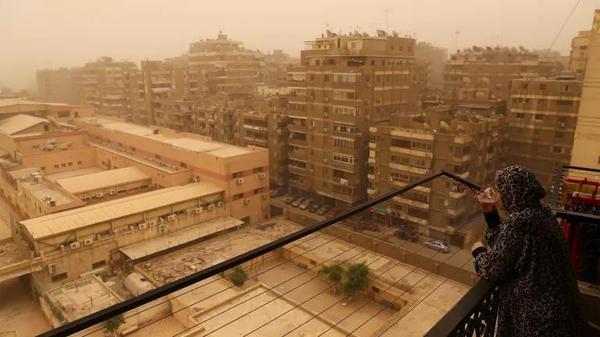
COP27: The Issues, the Tensions, and the Urgent Need for Unity on Climate
The past seven years have been the warmest on record. For a brief period, worldwide lockdowns caused greenhouse gas emissions to drop, but rates have since risen to pre-pandemic levels. The stakes couldn’t be higher for the 2022 Conference of the Parties summit (COP27) of the United Nations Framework Convention on Climate Change. A few weeks from now in Sharm El-Sheikh, a resort town on Egypt’s eastern coast, representatives from nearly 200 countries—including more than 100 heads of state—will j
















